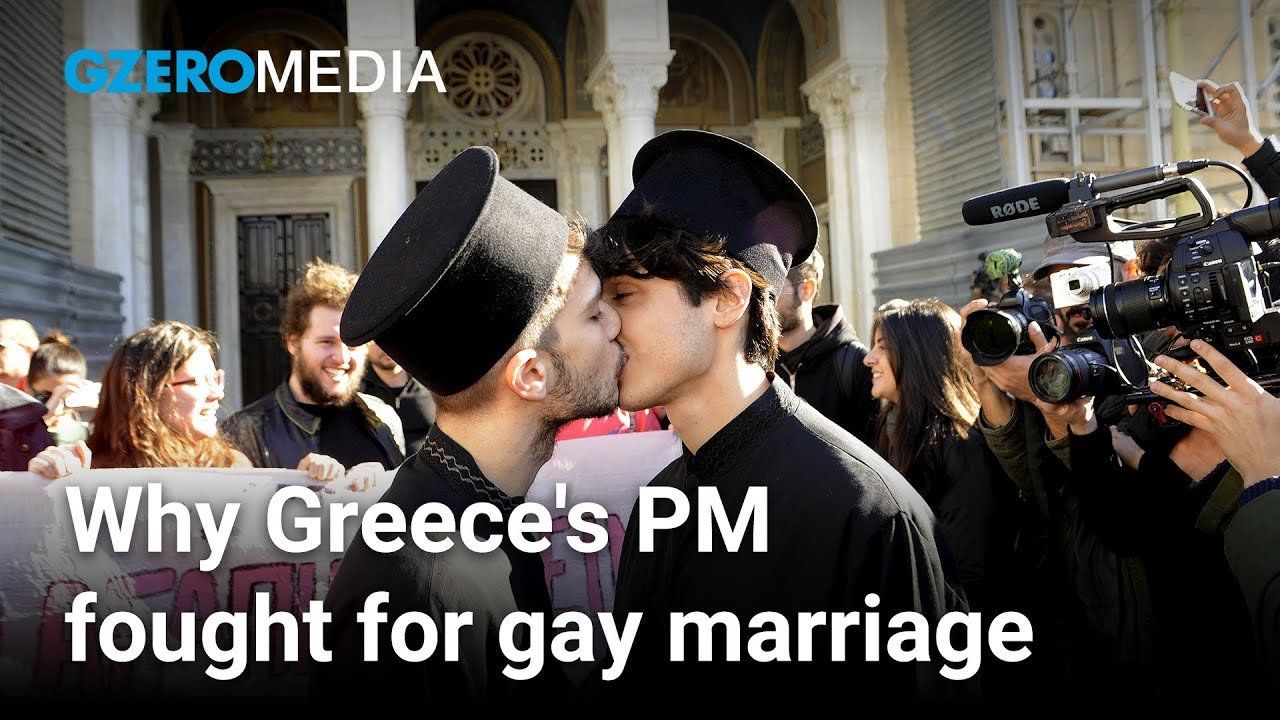GZERO World Clips
Why Greek PM Mitsotakis pushed for same-sex marriage despite strong opposition

Why Greece PM Mitsotakis defied the opposition to push for same-sex marriage | GZERO World

On GZERO World, Ian Bremmer asked Greek Prime Minister Kyriakos Mitsotakis for his reaction to Greece becoming the first Orthodox Christian country to legalize same-sex civil marriage. Greece’s parliament voted 176-76 to approve the legislation, which also legalizes adoption for same-sex families, despite opposition from the influential Greek Orthodox Church and from within Mitsotakis’ own center-right New Democracy party.
“I knew from the beginning that there are a lot of people within my party that did not agree with this,” Mitsotakis tells Bremmer, “But at the end of the day, human rights is about protecting smaller groups. Otherwise, you have the tyranny of the majority.”
Marriage legalization is a watershed moment for Greece’s LGBTQ+ community, which has been fighting for equal rights and recognition for decades. While opinion polls suggest that most Greeks support the new reform by a narrow margin, the conservative Orthodox Church is still a powerful force in Greek society. That, Mitsotakis explained, is why consensus-building was crucial for passing legislation.
“We worked very hard to explain to people what we’re doing, and we fully respected those who disagreed,” Mitsotakis said, “People understand it’s something that helps a few people and doesn’t threaten anyone, that’s why it’s so important.”
Brazilian skiers, American ICE agents, Israeli bobsledders – this is just a smattering of the fascinating characters that will be present at this year’s Winter Olympics. Yet the focus will be a different country, one that isn’t formally competing: Russia.
Japanese Prime Minister Sanae Takaichi, president of the Liberal Democratic Party (LDP), appeals for a candidate during a street speech of the House of Representatives Election Campaign in Shintomi Town, Miyazaki Prefecture on February 6, 2026. The Lower House election will feature voting and counting on February 8th.
Japanese voters head to the polls on Sunday in a snap election for the national legislature’s lower house, called just three months into Prime Minister Sanae Takaichi’s tenure.
Think you know what's going on around the world? Here's your chance to prove it.